In addition to a well-stocked kitchen with quality cookware, you can improve your cooking in several ways. Whether you're a beginner or an experienced home cook, these tips will help you create delicious and memorable dishes for the whole family.
Before you begin cooking, read through the recipe thoroughly. Gather all your ingredients, measure them accurately, and chop, slice, and prep everything before you begin cooking. This ensures a smoother cooking process and prevents you from being overwhelmed. Chefs call this preparation mise en place, a French kitchen phrase that means “putting in place" or “gathering.” It refers to the discipline and organisation a good chef exhibits in the kitchen.
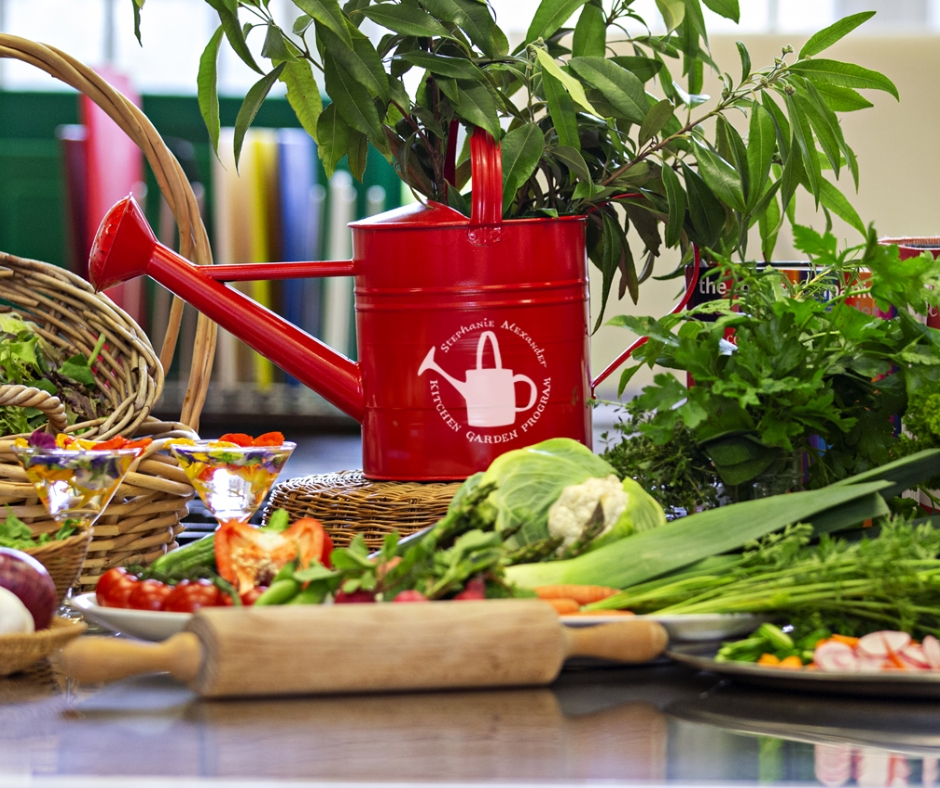
The foundation of any great dish is quality ingredients. Seek fresh, seasonal produce, high-quality proteins, and aromatic herbs and spices. Remember, the taste of your dish is only as good as the ingredients you use.
Quality cookware is second only to quality ingredients. High-quality cookware is designed to distribute heat evenly and is exceptionally conductive, meaning it can offer better results and teach you to become a better cook. Unlike synthetic coated pans that frequently give us bad habits, authentic cookware will get you thinking about managing heat and oils correctly.
.jpg)
A sharp knife and proper cutting technique are essential in the kitchen. Practise your knife skills to chop, dice, and slice ingredients efficiently and safely. A consistent cut allows for even cooking and better presentation.
This is why investing in quality knives and sharpeners is also very important. Maintaining the sharpness of your knife at all times will help prevent you from placing undue force while chopping and potentially injuring yourself.
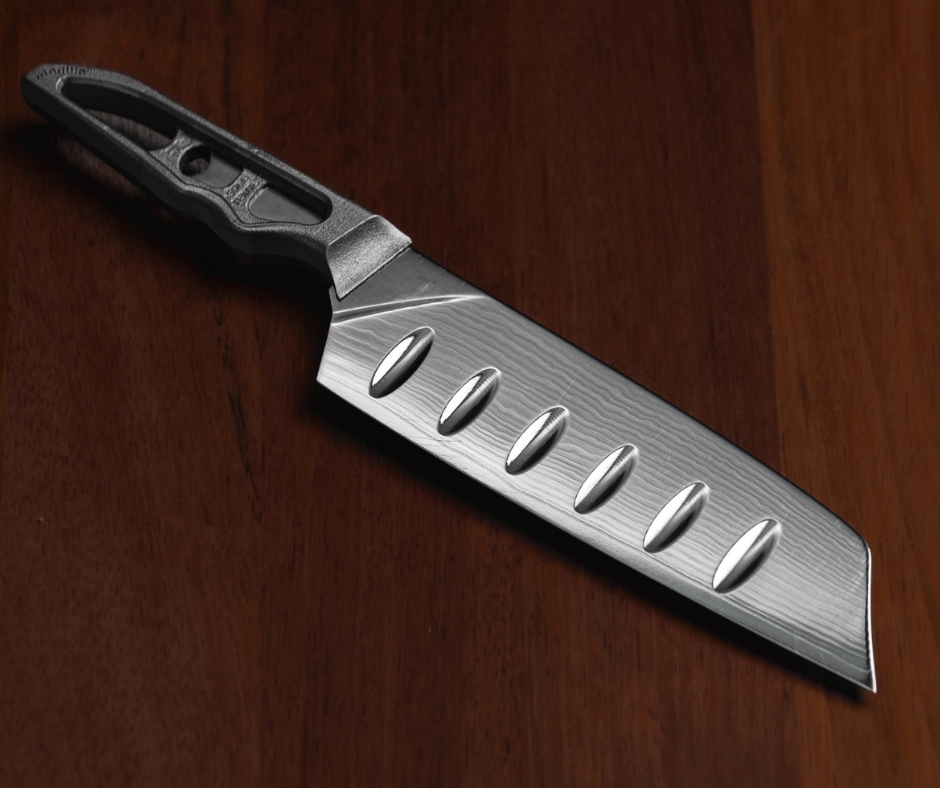
Get rid of those cheap and nasty, synthetic-coated kitchen tools that leach bits of plastic into your food! Our quality kitchen tools are made from stainless steel and titanium and are highly durable, versatile and designed to last the test of time. Metal utensils are also highly flexible and offer unmatched precision to aid cooks as they hone their skills.
Understanding heat control is crucial for cooking success. Discover the versatility of different cooking methods, each requiring different heat levels. Learn how to adjust your stovetop or oven to achieve the desired results, whether it's searing, simmering, sautéing, or roasting, and let your creativity in the kitchen flourish.
If you're working with authentic cookware like ours (which contains no synthetic, toxic coatings), remember that these pans are highly conductive, so be sure to preheat your pan and start on low heat!
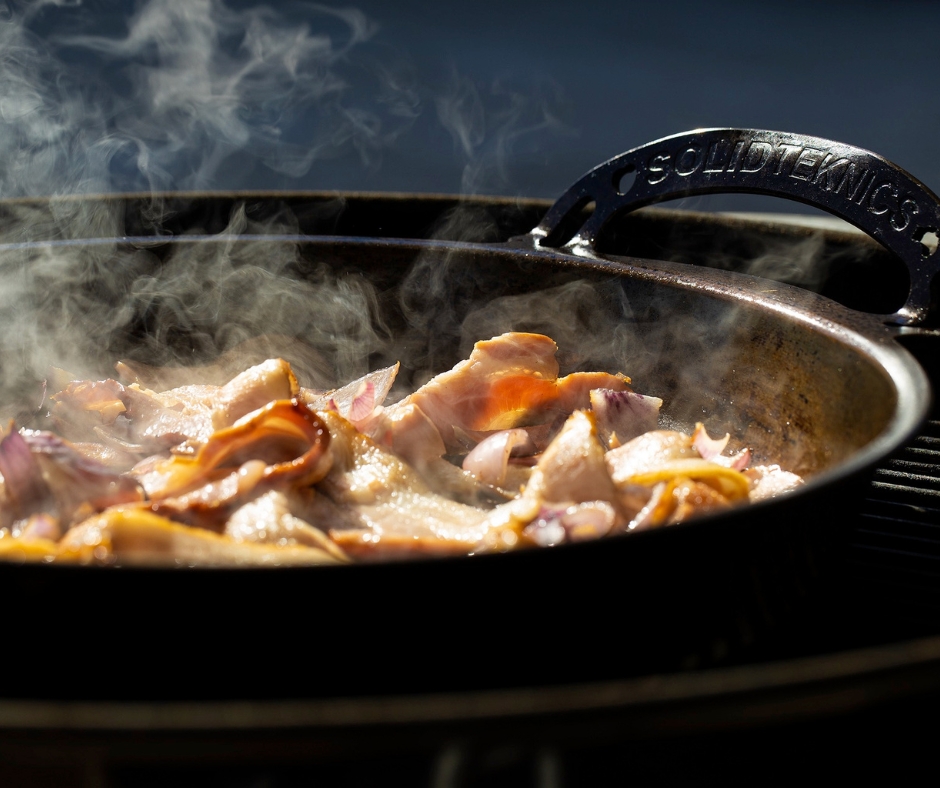
Balancing flavours is an art. Master the balance between salty, sweet, sour, and umami tastes in your dishes. Experiment with ingredients like salt, sugar, acids (like lemon juice or vinegar), and savoury elements to create well-rounded and harmonious flavours.
Umami, often described as a savoury or meaty taste, is essential for creating balanced and flavourful dishes. While it's important to pair umami with other tastes like sweetness or acidity, finding the right balance can significantly enhance a meal. Too much umami can make a dish feel overly rich, while too little can leave it bland. To boost umami, techniques like roasting or grilling are effective, as they intensify the natural flavours of ingredients. Adding ingredients like tomato paste or anchovies early in the cooking process can also enhance the umami profile of a dish.
Incorporating umami into your cooking is straightforward and can transform simple dishes. For example, grating Parmigiano over basic pasta with butter adds depth and richness, while spreading miso on cucumbers elevates their flavour. Embracing umami can deepen the overall taste experience and make meals more satisfying.
Don't be afraid to try out new dishes and flavours! The right spices and herbs can transform a dish from ordinary to extraordinary. Familiarise yourself with various seasonings and learn which combinations work well together. Start with small amounts and adjust to taste, as these ingredients can be powerful.
It's also a good idea to document your recipes, as you'll be learning what flavours work best for you.
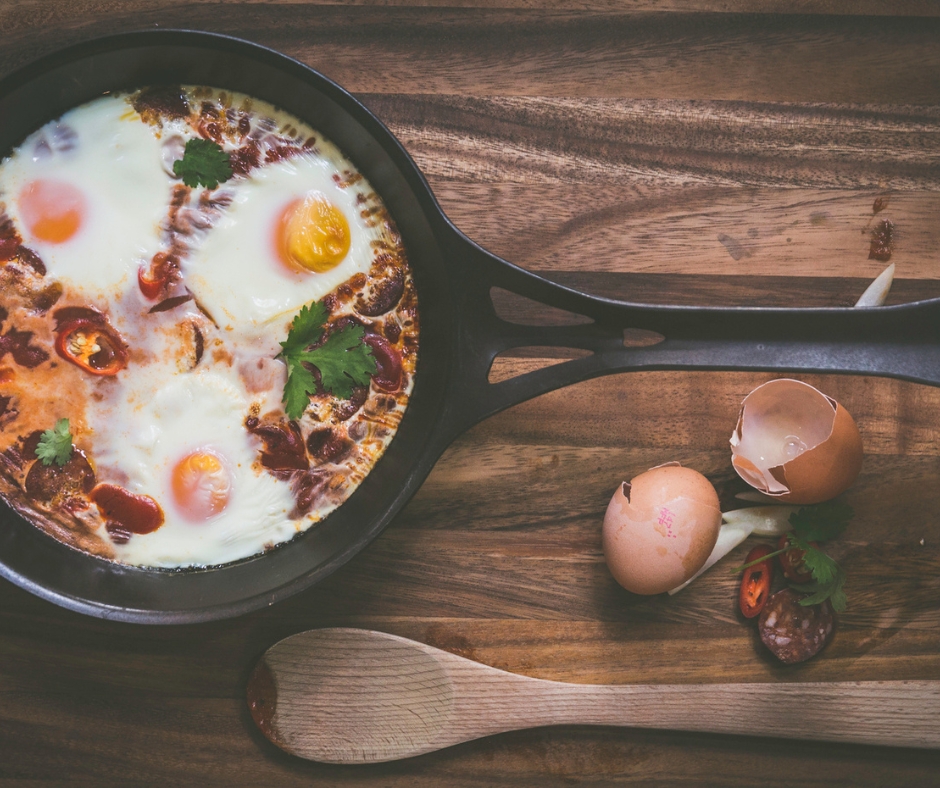
A strong foundation in basic cooking techniques is essential. Learn techniques like sautéing, roasting, braising, steaming, and grilling. These skills will empower you to tackle various recipes and cooking styles. You can easily do this for free by following chefs on social media and watching their videos.
Constantly taste your dishes as you cook. This will allow you to adjust seasoning, flavours, and textures accordingly. It will also help you start developing and trusting your palate. You can then easily make gradual adjustments until you're satisfied with the result.
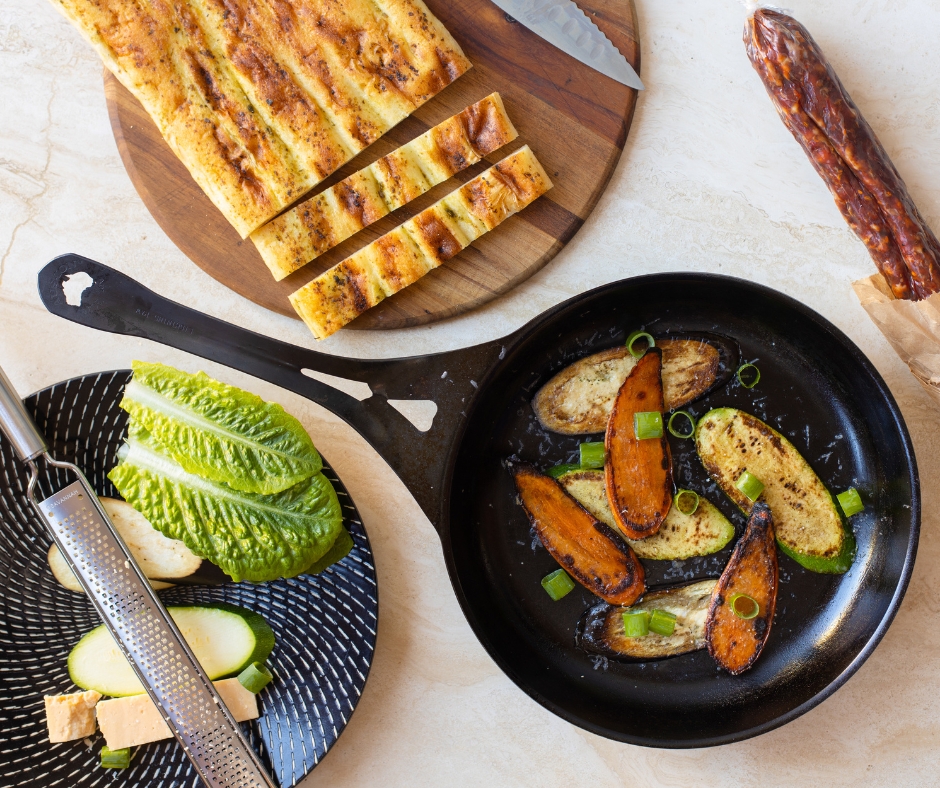
Fats and oils are essential in cooking and baking, contributing to flavour, richness, smoothness, and tenderness. They also add a crisp texture to foods. In addition to preventing dishes from drying out, fats and oils enable liquids to reach temperatures higher than the boiling point of water and have the unique property of dissolving in each other while not mixing with water.
Patience is essential: Don’t play with your food or move it around prematurely while cooking. Like any skill, cooking improves with practice and patience. Cook regularly to gradually improve your kitchen skills.
Matching your cookware to the type of dish you're preparing can significantly impact the outcome. Our pans, which come in various sizes, are essential for a well-equipped kitchen.
Our AUS-ION™ range is ideal for frying, baking, searing, and grilling and lets you build your seasoning as you go. Proper maintenance, such as seasoning iron pans will ensure you have an effective non-stick surface in which to work with.
Our nöni™ non-nickel stainless steel range is ideal for cooking wet, acidic foods. It's perfect for all liquid boiling, slow cooking, acidic sauces, and slow simmering recipes. It's also conductive enough to sear foods to perfection, ensuring a long-lasting investment in your kitchen.
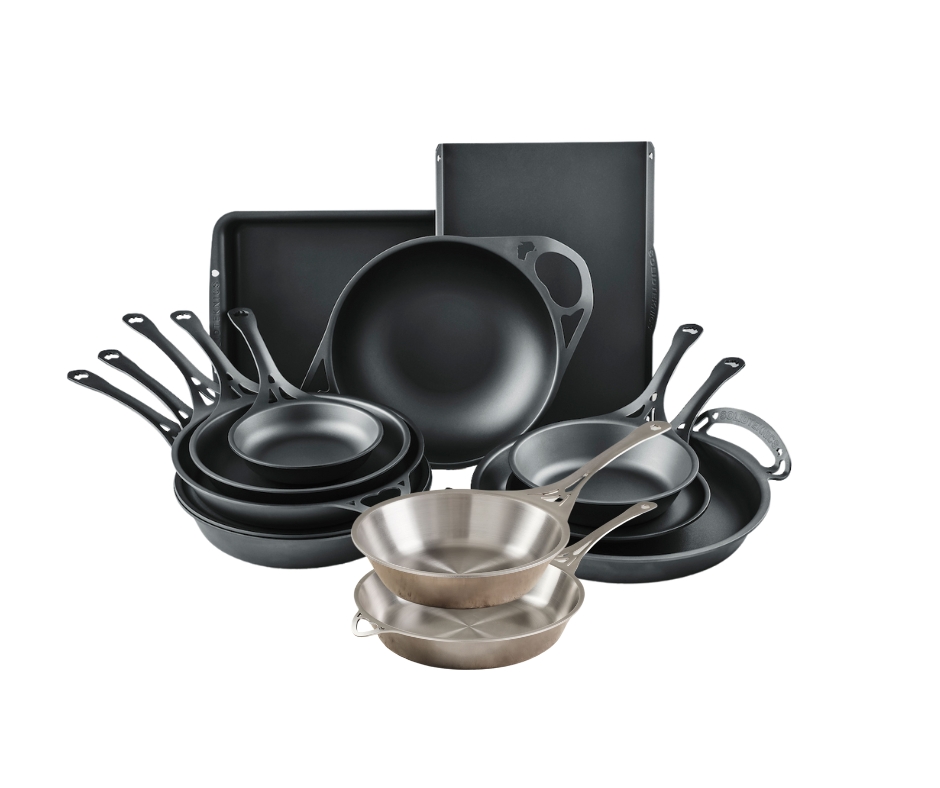
Here's a quick guide to help you choose the best cookware for different cooking methods:
Iron Skillets/frypans: Great for dishes that require high heat retention and even heat distribution. Perfect for searing, baking, and frying. Also ideal for delicate foods like eggs and fish. Grab yourself a versatile workhorse like our AUS-ION™ 30cm Frypan.
Dutch Ovens: Excellent for slow cooking, stews, braises, and soups. Their heavy construction retains and evenly distributes heat.
Saute Pans: A sauté pan can also be used to sauté, stir-fry, or sear in the same way that a skillet can.
Grill Pans: Ideal for indoor grilling, creating beautiful grill marks on vegetables and meats.
Baking Sheets and Roasting Pans: amazing for baking goods like cookies, cakes, and roasting vegetables. Choose ones with a nonstick surface or line them with parchment paper.
Woks: Perfect for high-heat stir-frying and quick cooking. Their curved shape allows for excellent tossing and flipping.
Remember developing your cooking skills takes practice and patience. Don't be discouraged by failures or less-than-perfect outcomes. Every mistake is an opportunity to learn and refine your technique. Keep experimenting, trying new recipes, and seeking inspiration.
It's important to consider the material of your cookware. Invest in high-quality cookware that will last for generations, improve your cooking skills and provide outstanding results. By understanding which cookware is best suited for each cooking method, you'll not only enhance your dishes but also make your cooking process more efficient and enjoyable.
Copyright © 2025 SOLIDTEKNICS PTY LTD. All Rights Reserved
ABN: 17600300481. E-commerce software by Neto
In the spirit of reconciliation Solidteknics acknowledges the Traditional Custodians of country throughout Australia and their connections to land, sea and community. We pay our respect to their Elders past and present and extend that respect to all Aboriginal and Torres Strait Islander peoples today.